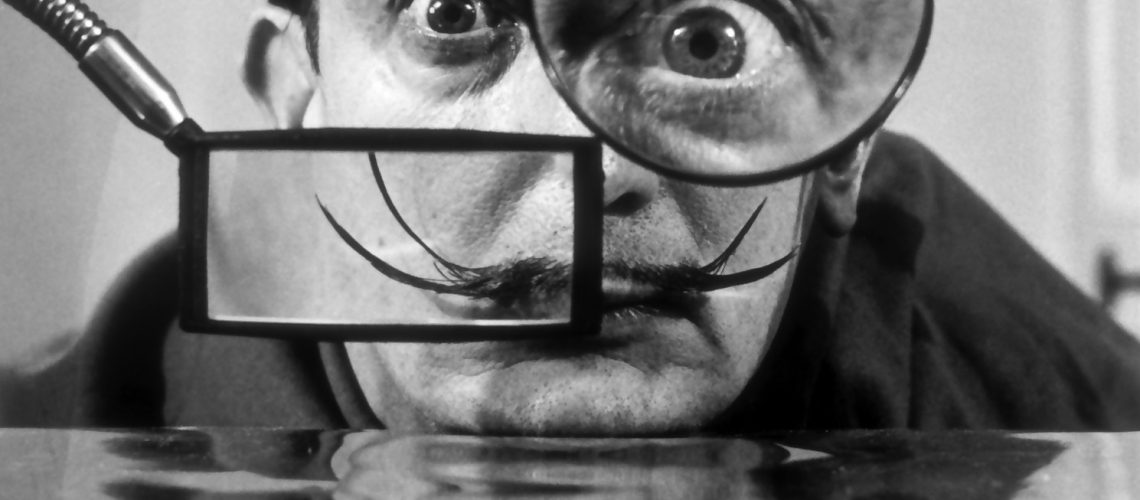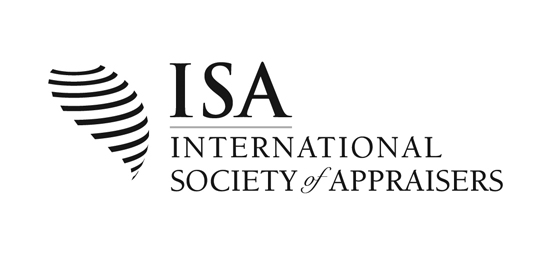Choosing a Qualified Appraiser (Part 2)

Introduction
If you’ve read the complexities covered in Part One of this series, you’re well aware of the risks associated with entrusting your appraisal needs to an underqualified professional. Seeking out a qualified expert involves sorting through the relevant and irrelevant experience to gauge competency. In the complex landscape of personal property appraisal, it is important to recognize the concrete markers of qualification. Continuing our exploration in Part Two, we delve further into the indicators that distinguish a seasoned professional. Now, let’s explore how to identify a qualified expert.
What ACTUALLY points to a qualified appraisal expert?
Appraisal Related Training, Education, and Professional Memberships
The foundation of a qualified appraiser begins with their education. Look for specialists who have undergone USPAP (Universal Standards of Professional Appraisal Practice) courses. Although not mandatory for personal property appraisers, a commitment to these courses showcases dedication to legal and ethical regulations. A strong CV, featuring appraisal-related education and industry activities, signals a candidate’s expertise. Membership in recognized organizations like the International Society of Appraisers or the Appraisers Association adds credibility, though it’s important to note that credentials alone don’t guarantee competence.

Extensive Experience, Effective Communication, and Appropriate Fees
Experience is paramount in personal property appraisal. Seek professionals with years of hands-on involvement in providing USPAP-compliant appraisal reports. Prioritize candidates with a track record directly aligned with your specific appraisal needs, whether it be art, antiques, or other valuables.
An expert appraiser should exude organizational clarity and effective communication. They should have a track record of either owning or working for an established and reputable firm. Their focus must revolve around the appraisal’s functions and project scope, with excitement for items being secondary. A true professional charges a fee commensurate with the high-level reports, guidance, and advice they offer. Avoid appraisers whose fees hinge on the appraised items’ value, as this introduces ethical concerns and potential bias.
Ethical and non-biased Practices
Ensure your appraiser has no undisclosed future interests in the items being appraised to prevent bias in value reporting. For instance, if you plan to purchase a significant artwork at a gallery, obtaining a second opinion from an appraiser without potential future interests eliminates conflicts of interest. Additionally, transparent communication of projected expenses through a proposal an appraisal contract is vital for a clear understanding of the financial aspects involved.